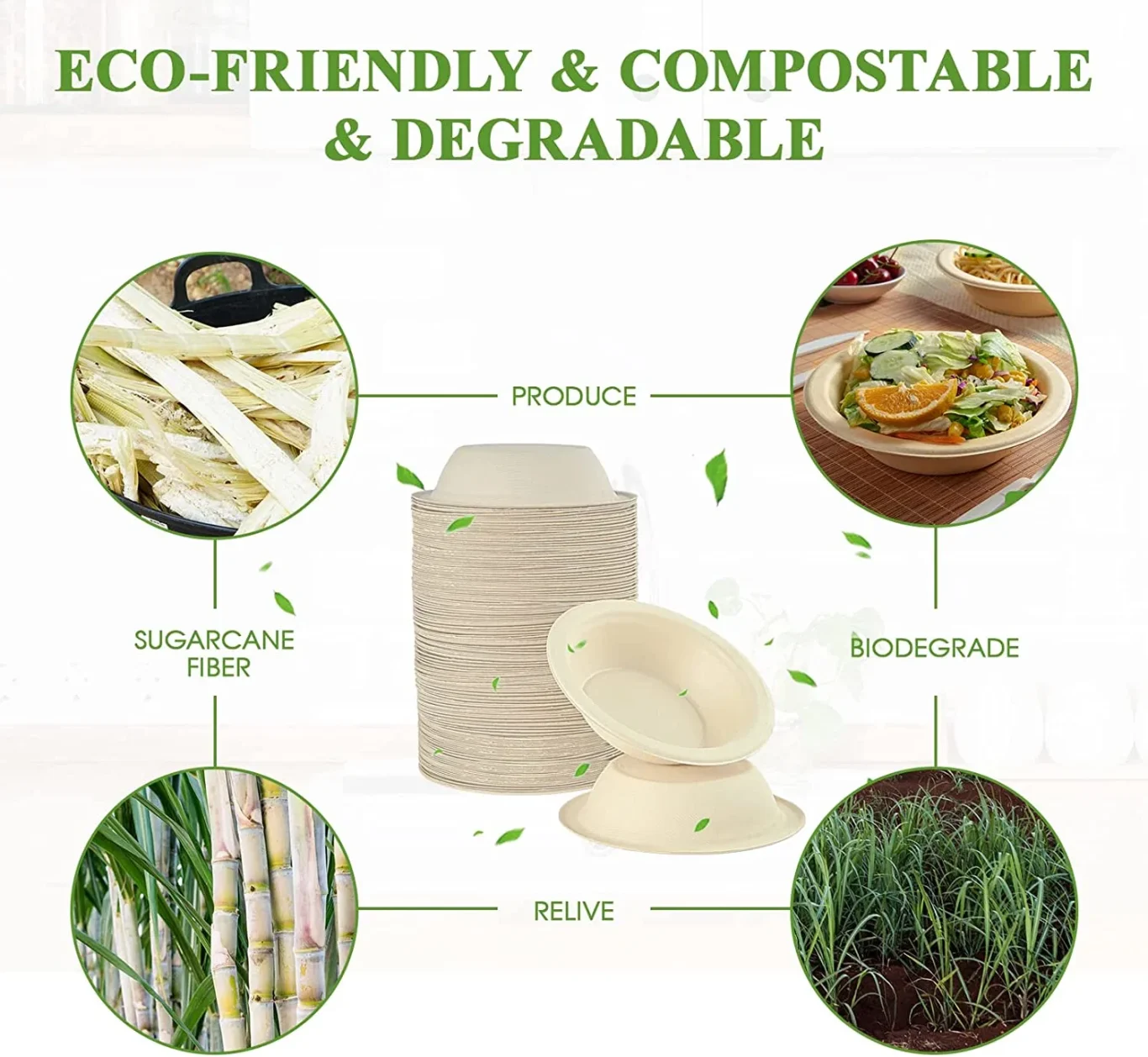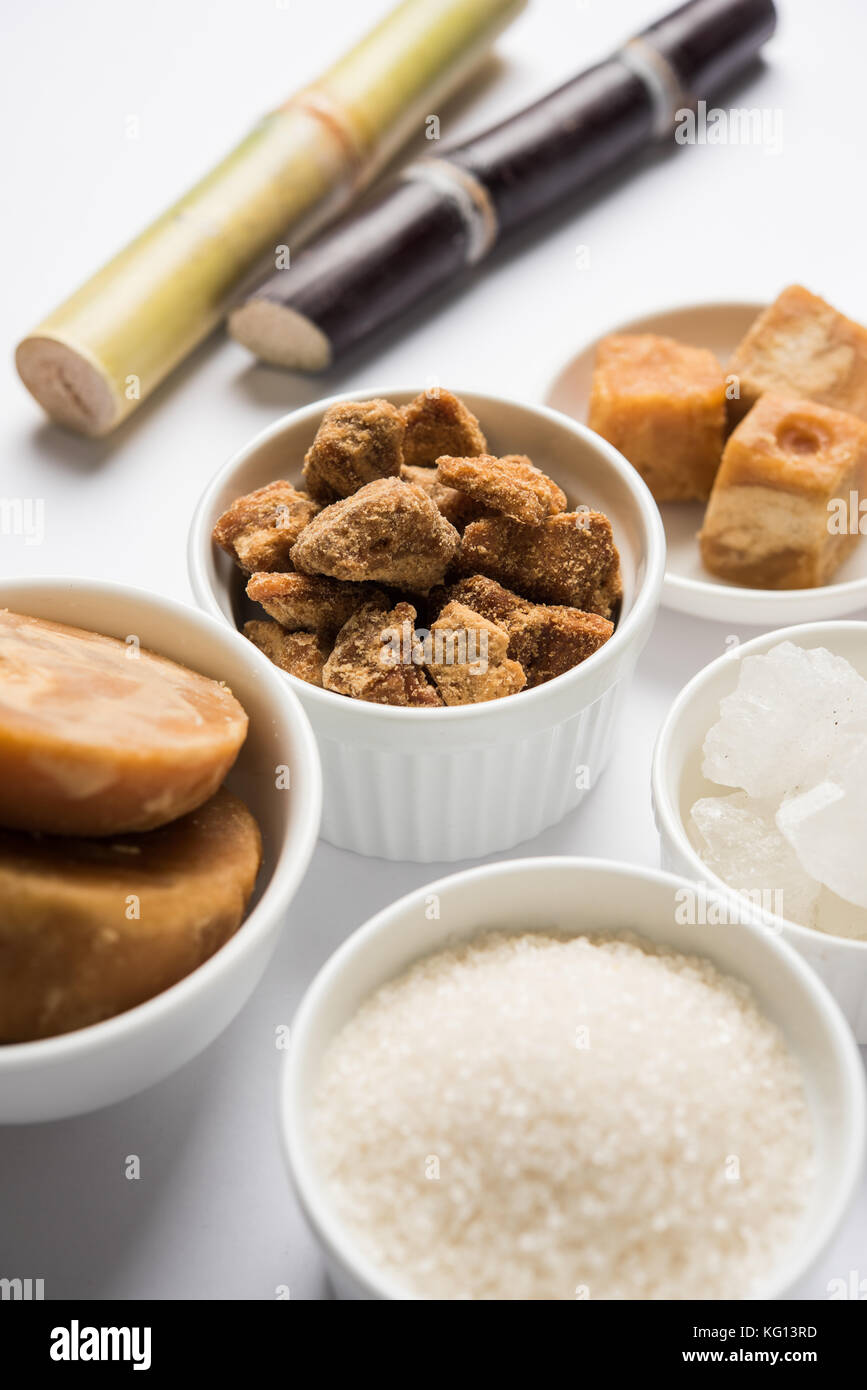Understanding the Creation of Sugarcane Product for Consumers
Lasting Sugarcane Products: From Sweeteners to Eco-Friendly Product
The possibility of lasting sugarcane products extends beyond traditional sugar to encompass an array of green goods, presenting an engaging situation for their combination right into modern consumer methods. As the world grapples with pressing ecological concerns, sugarcane emerges as a functional source qualified of attending to both nutritional demands and sustainability goals.
Summary of Sugarcane Sustainability
As the need for eco-friendly items grows, comprehending sugarcane sustainability ends up being significantly vital. Sugarcane, a versatile plant, is cultivated mostly in subtropical and exotic areas, and its sustainability is crucial for both environmental health and financial practicality. Sustainable sugarcane farming methods concentrate on reducing eco-friendly impact while making best use of efficiency and success.
Trick aspects of sugarcane sustainability consist of effective land usage, lowered chemical input, and boosted water monitoring. Practices such as plant rotation, incorporated bug monitoring, and natural fertilization contribute to soil health and wellness and biodiversity. In addition, cutting-edge technologies, such as accuracy farming, assistance enhance source usage and lower waste.
In addition, sugarcane is a renewable energy, with spin-offs that can be made use of in different markets, from biofuels to biodegradable plastics, therefore decreasing reliance on fossil fuels and decreasing carbon impacts. Accreditations like the Bonsucro conventional urge sustainable practices across the supply chain, advertising transparency and accountability.

Sugarcane-Based Sweeteners
Using sugarcane as a key resource, sugarcane-based sweeteners have actually gained prominence as all-natural alternatives to polished sugars and sweetening agents (sugarcane product). These sugar, originated from the removal and handling of sugarcane juice, offer a series of items that satisfy varied consumer preferences, including natural and minimally refined options
Raw walking cane sugar retains even more of the all-natural tastes and nutrients located in sugarcane, making it a popular option for health-conscious consumers. Panela, a standard Latin American sugar, is created by vaporizing sugarcane juice, preserving its natural minerals and vitamins.
The expanding demand for sugarcane-based sweeteners is driven by enhancing recognition of health and wellness and sustainability concerns related to standard sugar. By selecting sugarcane-derived items, consumers not only support lasting agricultural techniques but also add to a healthier way of life, straightening their dietary options with their environmental values.
Biodegradable Product Packaging Solutions
Emerging as a sensible option to traditional plastics, naturally degradable product packaging options obtained from sugarcane are changing the packaging sector. These cutting-edge materials offer an eco friendly alternative that deals with the expanding problems over plastic air pollution. Using the all-natural sugars located in sugarcane, suppliers are establishing numerous kinds of naturally degradable product packaging, including films, containers, and covers that disintegrate more swiftly than conventional plastics.
The main benefits of sugarcane-based packaging hinge on its renewable sourcing and its capacity to break down into non-toxic byproducts. Unlike fossil fuel-derived plastics, which can continue the environment for centuries, sugarcane product packaging commonly breaks down within a couple of months under correct conditions. This reduction in waste not only reduces land fill overflow but also decreases the carbon footprint related to packaging materials.
In addition, sugarcane-derived product packaging preserves robust efficiency qualities, offering equivalent sturdiness and functionality to standard options. As consumers and services significantly focus on sustainability, the adoption of biodegradable product packaging remedies stands for a significant action towards a round economy, where products are reused and regrowed as opposed to discarded. This change not just improves brand picture but likewise adds to a much more lasting future for the earth.
Eco-Friendly Textiles and Fabrics
Green textiles and materials are acquiring grip in the fashion and home goods sectors as customers progressively demand lasting alternatives to typical materials. Among the significant alternatives are materials originated from sugarcane, which provide an environmentally accountable option to synthetic fibers. These textiles are generated via a procedure that utilizes the eco-friendly sources discovered in sugarcane, dramatically minimizing reliance on petroleum-based products.

As the market for sustainable fabrics broadens, customers can look forward to ingenious designs that incorporate design with ecological duty. Ultimately, environmentally friendly textiles and fabrics represent a substantial action toward lowering the style sector's ecological impact while catering to the expanding need for responsible customer options.
Developments in Sustainable Farming
Reinventing agricultural practices, technologies in sustainable farming are transforming the method plants are expanded and handled. These improvements concentrate on lessening ecological impact while taking full advantage of performance and productivity. Methods such as precision farming make use of data analytics and satellite images to optimize resource usage, guaranteeing that water, plant foods, and pesticides are used only where required. This targeted Visit This Link method not just minimizes waste yet likewise boosts crop returns.

Furthermore, agroecology, which integrates environmental principles right into farming, advertises biodiversity and soil health and wellness. Practices such as plant turning, cover chopping, and intercropping foster resilient environments that can hold up against insects and climate variations - sugarcane product. Furthermore, the usage of natural fertilizers and biopesticides adds to healthier dirts and ecological communities

Together, these developments are not only reshaping the farming landscape yet likewise adding published here to a much more sustainable future for sugarcane and various other plants, straightening farming experiment ecological stewardship.
Final Thought
Sustainable sugarcane products represent a substantial development in green options, extending from natural sugar to biodegradable items. As consumer choices increasingly lean in the direction of lasting options, the adaptability of sugarcane as a renewable source becomes progressively pertinent.
The potential learn the facts here now of sustainable sugarcane items expands beyond typical sweeteners to include an array of environmentally friendly products, offering a compelling case for their combination right into contemporary customer techniques. Sustainable sugarcane farming methods concentrate on decreasing ecological influence while maximizing efficiency and productivity.
Lasting sugarcane products stand for a substantial innovation in environmentally friendly options, covering from all-natural sugar to eco-friendly items. The farming of sugarcane through sustainable methods not only improves environmental health and wellness however likewise contributes to economic feasibility. As customer choices progressively lean towards sustainable choices, the flexibility of sugarcane as a sustainable resource ends up being progressively relevant.